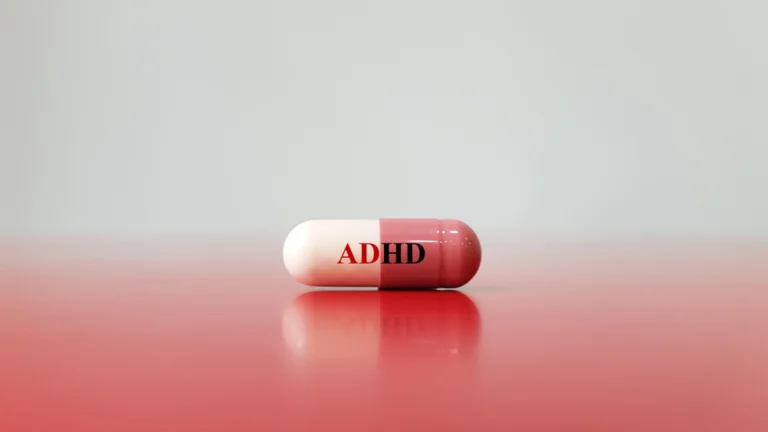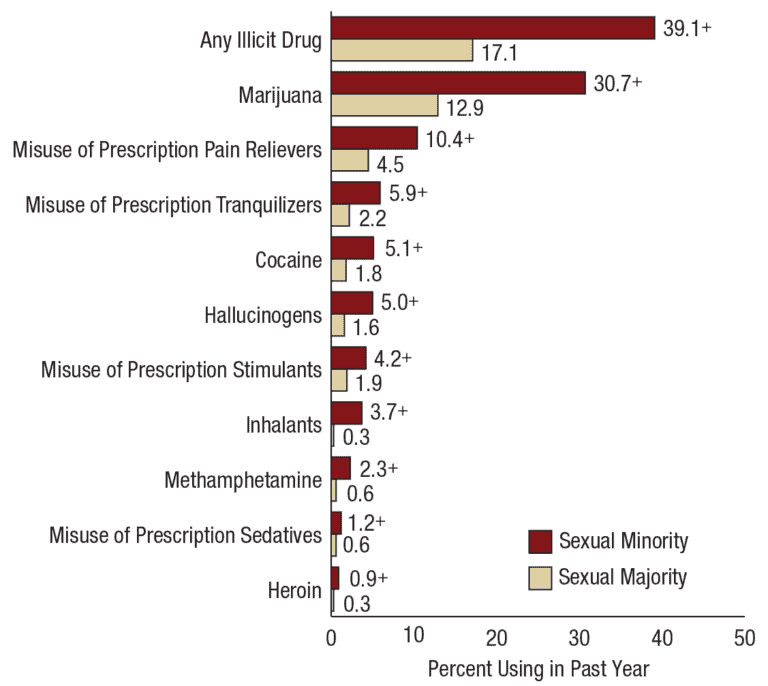If you’re looking for alcoholism treatment in Asheville, there are plenty of options out there for you. Here at Asheville Recovery Center, we offer a variety of different programs to help you get and stay sober long term.
If you have a loved one who’s struggling with alcohol addiction, it’s important to educate yourself on addiction and how it affects people. Many people have misconceptions about alcohol addictions or prejudge those who struggle based on the things that they’ve learned about addiction in the past. Unfortunately, there’s a lot of misinformation out there, and a lot of what people think about addiction actually isn’t accurate. To learn about some of the common myths associated with alcohol addiction and how they’re harmful, keep reading.
1. Alcohol Isn’t as Harmful as Other Drugs
This is one of the most harmful myths about alcohol addiction. Because alcohol is legal for people over the age of 21, many people believe that it’s not as harmful as other drugs that happen to be illegal. Unfortunately, that’s not the case. While there are plenty of dangerous drugs out there, alcohol comes with its own dangers as well. While drinking in moderation can be safe, consuming too much alcohol per day or per week can have both short and long-term effects on one’s mind and body.
In the short-term, heavy alcohol consumption can cause:
- Blacking out
- Dizziness
- Shakiness
- Cravings
- Sweating
- Nausea
- Vomiting
- Delirium
- Fear and paranoia
- Anxiety
- Depression
- Tremors
- Slurred speech
- Coordination issues
- Liver damage
In the long term, alcohol can put you at higher risk for disease and cause permanent damage to your body. Here are a few effects of long-term alcohol abuse:
- High blood pressure
- Heart disease
- Stroke
- Liver disease
- Cancer of the breast, esophagus, voice box, liver, throat, rectum , and colon
- Weakened immune system
- Higher risk of getting sick
- Higher risk of developing dementia
- Learning and memory problems
- Mental health issues like anxiety and depression
- Social problems
On top of that, quitting drinking can also be very dangerous. Those who quit alcohol cold-turkey will likely experience withdrawal symptoms. Withdrawal symptoms are more serious and can be life-threatening in those who drink more heavily. Those symptoms include:
- Anxiety
- Shaky hands
- Headache
- Nausea
- Vomiting
- Insomnia
- Sweating
- Confusion
- Rapid heart rate
- High blood pressure
- Fever
- Seizures
- Sudden death
2. You Have to Drink Every Day to be an Addict
Many people also believe that alcohol addicts drink every single day. While those who drink every single day are likely considered to be addicted or dependent on alcohol, you don’t have to consume alcohol every day to be considered an addict. Those who require alcohol when they go out or require alcohol to engage in social events or destress, relax, or fall asleep, may also be considered addicts.
There isn’t one set definition for addiction to alcohol, and there are many different variations for dependence. Even those who drink a glass of wine to fall asleep every night could be considered addicted. Not all addicts consume alcohol every second of every day. However, it can progress to that without treatment.
3. Alcohol Dependence is a Choice
A lot of people believe that addicts choose to be addicts, but that’s not the case at all. There are a lot of factors that play into whether or not someone will become addicted to any substance, including alcohol. For many people, drinking alcohol doesn’t turn into an addiction. For others, it does, and it’s not because addicts wake up one morning and decide they want to have an addiction.
Oftentimes, alcohol addicts turn to alcohol as a coping mechanism, using it to deal with unresolved trauma or mental health issues that they haven’t faced. Because they routinely turn to alcohol to face their issues, they become dependent on it. Dependency occurs when the body gets used to the substance you’ve introduced. Once you stop drinking, the body will crave that substance more and more, making it even harder for people to quit after they’ve become dependent.
4. People Who Suffer from Alcohol Addiction Have Hit “Rock Bottom”
There are so many misconceptions about alcoholics, and this is one of the biggest ones. People believe that there’s no coming back from intense alcoholism, and if you’re an alcoholic you’ve somehow hit “rock bottom”, meaning that life simply cannot get any worse.
While many people who are addicted to alcohol lose a lot of important things in their lives, like families, friends, jobs, homes, and more, calling this “rock bottom” can be damaging. On top of that, not all addicts hit “rock bottom” and many realize they need treatment before their life gets bad.
By calling the lowest point “rock bottom”, alcohol addicts might assume that their life can’t get any worse and continue drinking. When you’re at “rock bottom” it can feel impossible to get help. Instead of referring to alcoholics who have lost a lot as hitting “rock bottom”, we should instead think of ways we can help them and lift them back up, like encouraging them to get treatment.
5. It’s Easy to Quit Without Help
People who haven’t struggled with addiction often don’t understand the treatment process. They believe that addicts can just quit without any help. The unfortunate truth is that it’s more difficult than that. It can be incredibly hard to quit alcohol without any help, specifically because of the withdrawal symptoms it causes.
It’s much easier to get sober by joining a treatment program that offers medically supervised detoxification and more. That way, addicts won’t have to worry about the anxiety surrounding quitting all on their own and can instead work with a team throughout the process.
Seek Alcoholism Treatment in Asheville Today
If you’re looking for alcoholism treatment in Asheville, we’ve got your back. Here at Asheville Recovery Center, we offer a variety of different treatment programs to help you get and stay sober. To learn more about our programs and how we can help you, call us today.








